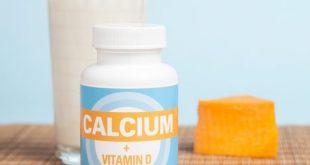These fluids, and the salts that they contain, are usually replaced by the foods and fluids in our diets. Sometimes, however, children may lose abnormally large amounts of water and salts during long periods of exercise with excess sweating. If unable to replace the lost fluids, children can become dehydrated. Not only does dehydration impair one’s ability to stay alert, it can also negatively impact athletic performance and lead to serious health conditions such as heat stroke and heat exhaustion.
Thirst is not a reliable indicator of dehydration. By the time a child feels thirsty, he or she may already be dehydrated. Therefore, it is important to recognize the symptoms of dehydration as well as preventing dehydration from occurring.
Signs of dehydration include:
1. Dry or sticky mouth, lips and tongue
2. Eyes that look sunken into the head
3. A lack of urine or small amounts of dark yellow urine
4. Lethargy or irritability
5. Fatigue or dizziness
6. A rapid heartbeat
7. Lack of tears when crying
The best way to prevent dehydration is to make sure that children get adequate fluids. On hot and humid days it is important that children drink fluids often. Those participating in strenuous indoor and outdoor activities should drink plenty of fluids before an activity begins, every 20 minutes during an activity, and following an activity.
According to the American Academy of Pediatrics Policy Statement, children up to 88-pounds should consume 5 ounces of cold tap water every 20 minutes, and children up to 132-pounds should consume 9 ounces of cold tap water every 20 minutes.
Although water is adequate to prevent dehydration, sports drinks may be more beneficial for those children exercising for longer periods of time. Sodas, especially caffeinated varieties, and sugary drinks such as fruit punch, lemonade and iced tea are NOT recommended as they can actually contribute to dehydration.
 KidSports A Parents Guide for Young Athletes
KidSports A Parents Guide for Young Athletes 

